In the world of solar energy, hybrid inverters have gained significant attention. But what exactly is a solar hybrid inverter? This device combines the functionalities of a traditional string inverter with battery storage capabilities, allowing for greater flexibility and efficiency in solar power systems.
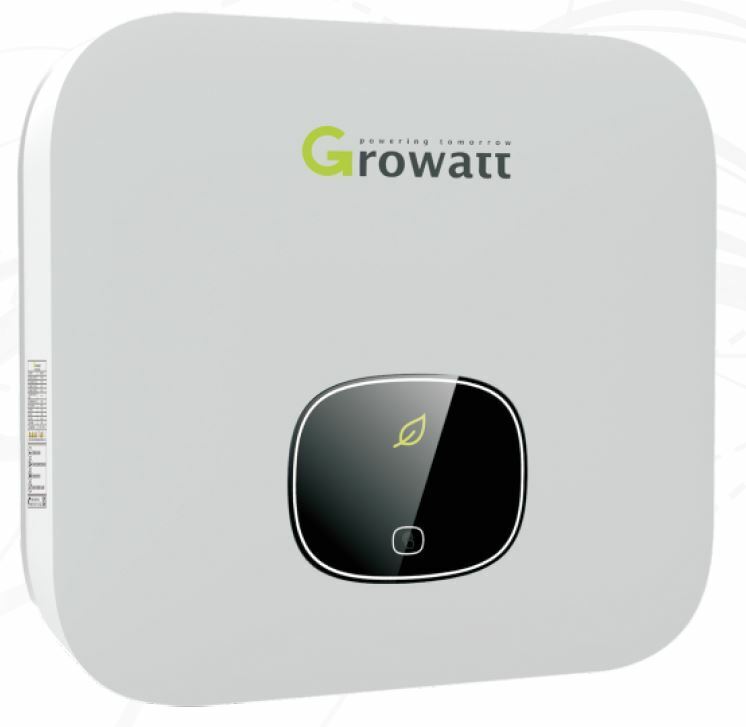
Understanding Hybrid Inverters
A solar hybrid inverter integrates three main functions: it converts DC power from solar panels into AC power for your home, manages the battery storage, and often interfaces with the grid. This versatile device ensures that energy is used optimally whether it’s being stored, used directly, or fed back to the grid.
How Hybrid Inverters Differ from String Inverters
To understand the advantages of hybrid inverters, it’s crucial to compare them with string inverters. String inverters are the most common type used in residential solar systems. They convert DC power from multiple solar panels connected in series into AC power. Traditional string inverters do not have the ability to be connected to a battery.
Hybrid inverters, on the other hand, provide a significant upgrade. They not only convert DC to AC power but also manage energy storage, enabling you to store excess energy generated during peak sunlight hours for use during the night or cloudy days. This added capability enhances energy independence and efficiency.
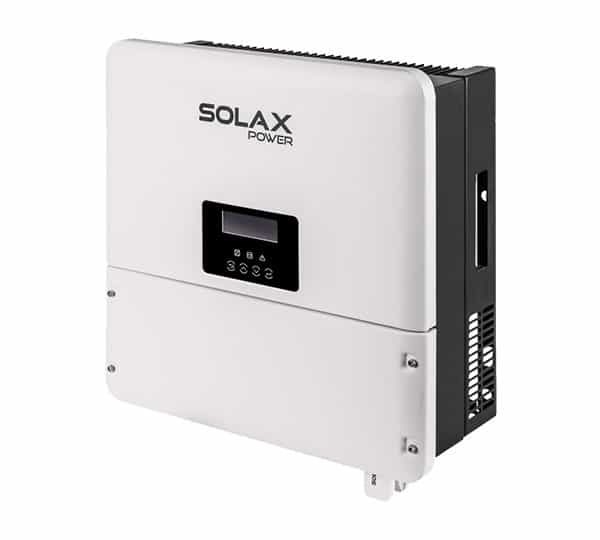
Hybrid Inverters vs Microinverters
Microinverters are another alternative to traditional string inverters. Unlike string inverters, microinverters attach to each individual solar panel, converting DC to AC power at the panel level. This approach can improve the overall performance of a solar system, especially if some panels are shaded or not optimally aligned.
Efficiency of Hybrid Inverters
Efficiency is a key consideration for any solar energy system. Hybrid inverters typically offer high-efficiency rates, converting solar energy with minimal losses. They are designed to maximise the use of generated solar power by efficiently managing energy between the solar panels, batteries, and the grid.
The efficiency of a hybrid inverter depends on several factors, including its design and the quality of its components. Generally, hybrid inverters are highly efficient, making them a solid choice for those looking to optimise their solar energy systems.
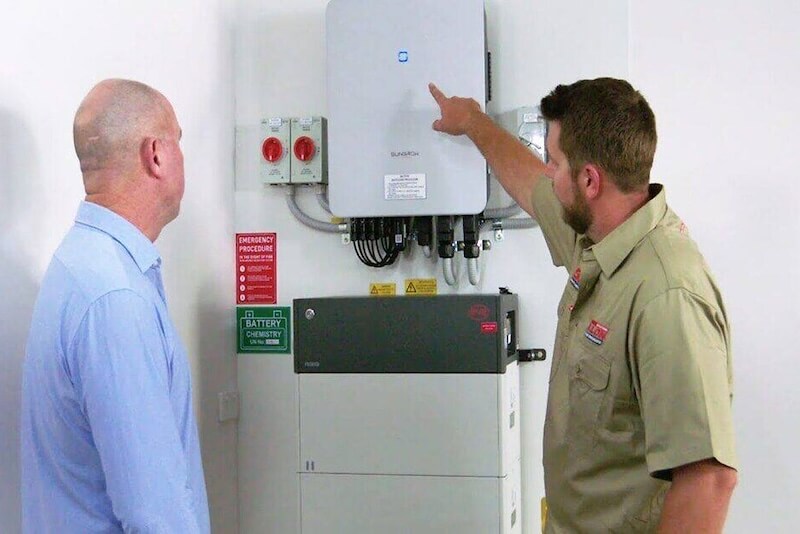
Popularity of Hybrid Inverters in Australia
In Australia, hybrid inverters are becoming increasingly popular. Australia’s high solar adoption rate and the frequent need for energy storage solutions drive the demand for hybrid systems. Many Australian homeowners opt for hybrid inverters to take full advantage of their solar power systems, especially given the country’s sunny climate and frequent power outages.
Batteries Compatible with Hybrid Inverters
Hybrid inverters can be paired with various types of batteries. Commonly used batteries include lithium-ion, lead-acid, and flow batteries. Lithium-ion batteries are the most popular choice due to their efficiency, longer lifespan, and compact size. Lead-acid batteries, while less efficient, offer a more budget-friendly option however they are not very common any more.
When selecting a battery, ensure it is compatible with your hybrid inverter. Manufacturers often provide guidelines on which batteries work best with their inverters, helping you make an informed decision.
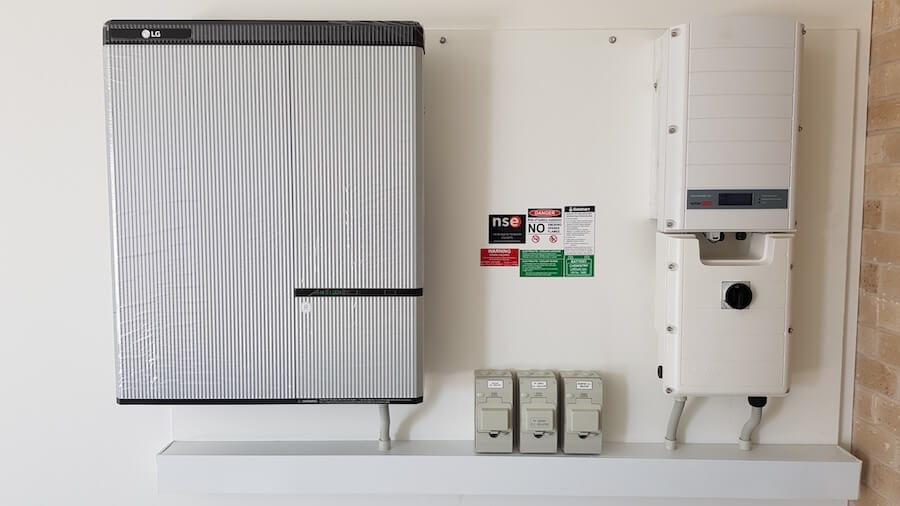
Can Some Hybrid Inverters Be Used Without Batteries?
Yes, some hybrid inverters can be used without batteries. In this setup, the inverter functions like a traditional string inverter, converting solar power into AC power for immediate use or grid export. However, the main advantage of a hybrid inverter is its ability to add a battery to your home solar system in the future.
Should You Install a Hybrid Inverter or a Regular Inverter?
Choosing between a hybrid inverter and a regular inverter depends on your energy needs and goals. If you want to store excess energy for later use, a hybrid inverter is the better option. It provides greater flexibility and control over your energy consumption and storage.
On the other hand, if you only need to convert solar power to AC power without the need for storage, a traditional string inverter might suffice. Regular inverters are generally less expensive and simpler to install.
It is still possible to add batteries to a string inverter solar system. For example, a Tesla Powerwall comes with its own inbuilt inverter and does not get connected to a hybrid inverter.
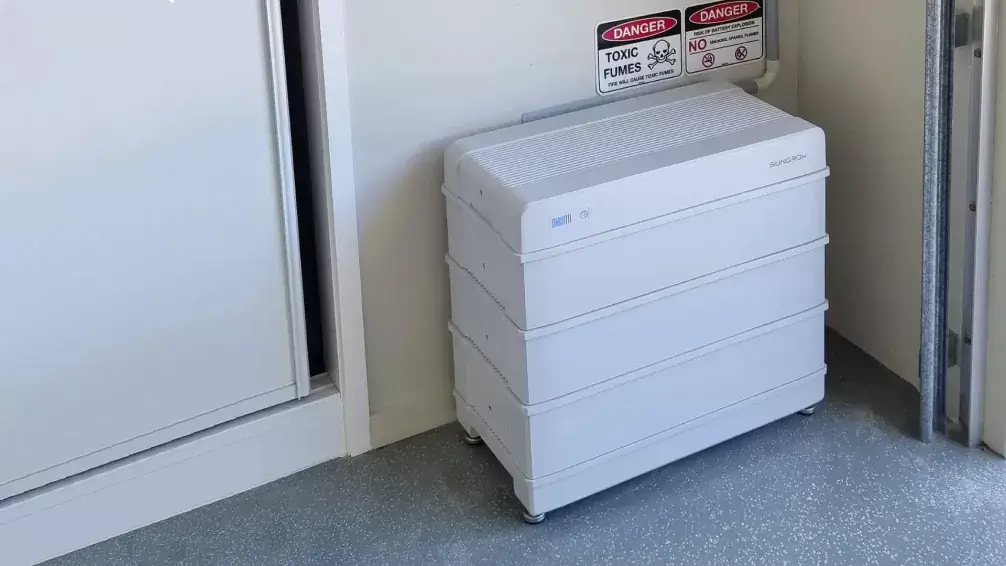
Cost of Hybrid Inverters vs String Inverters
Hybrid inverters typically come with a higher price tag compared to string inverters. The added functionality of managing battery storage and grid interaction contributes to the higher cost. However, the investment can be worthwhile if you value energy independence and the ability to store excess power.
The cost of a hybrid inverter varies based on its features, capacity, and the manufacturer. On average, hybrid inverters can cost between 20% to 50% more than traditional string inverters. Despite the higher upfront cost, many homeowners find the long-term benefits and potential energy savings justify the investment.
Conclusion
A solar hybrid inverter offers a versatile solution for managing solar energy and storage. By combining the functions of traditional string inverters with battery management, hybrid inverters provide increased efficiency and flexibility. With their growing popularity in Australia and compatibility with various batteries, they represent a smart choice for many solar energy users. Although they are more expensive than string inverters, the benefits of energy independence and optimised usage can make them a valuable addition to your solar energy system.